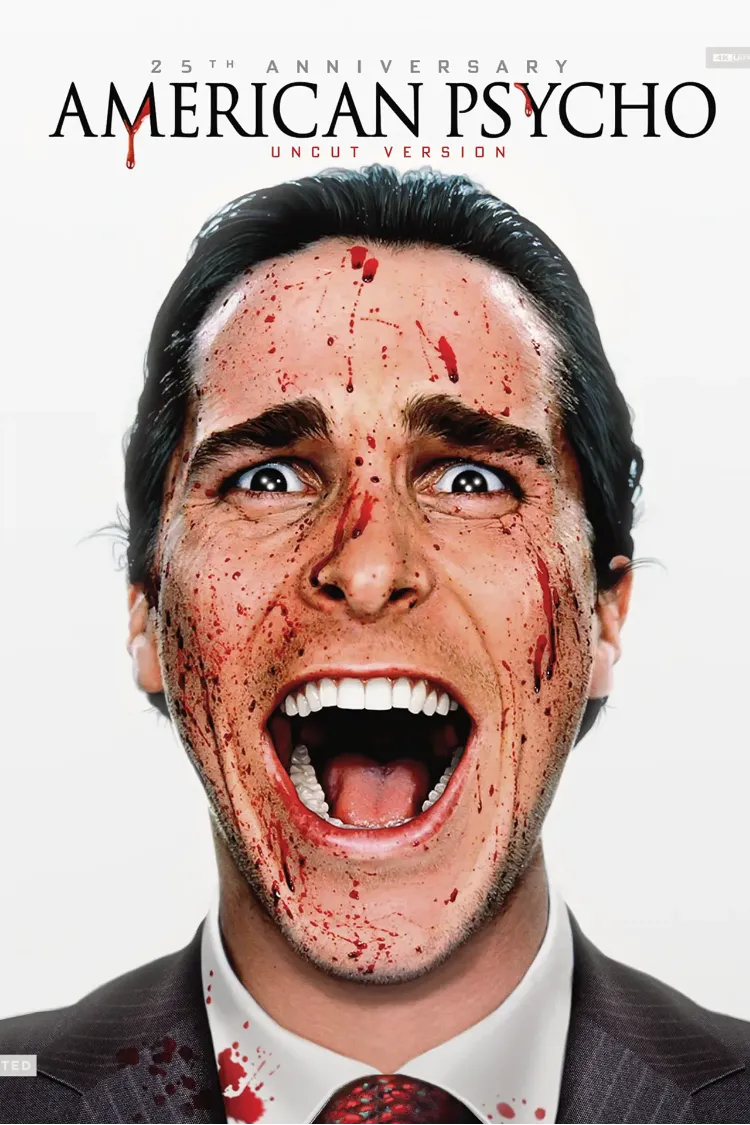Mary Harron
Biography
Mary Harron, born on January 12, 1953, in Bracebridge, Ontario, Canada, is a highly distinctive and influential filmmaker and screenwriter. Known for her incisive exploration of controversial figures and complex psychological landscapes, Harron has carved out a unique space in independent cinema and television.
Early Life and Journalism: Harron's early life was marked by a cosmopolitan upbringing, residing in various cities including New York, Los Angeles, Toronto, and London, where she spent much of her adolescence. She studied journalism at Oxford University. Upon returning to New York, she immersed herself in the burgeoning punk scene of the 1970s, becoming a music journalist for publications like Punk magazine, where she famously conducted the first American interview with the Sex Pistols, and later for The Village Voice, The Guardian, and The Observer. This background in critical observation and cultural analysis would profoundly influence her future filmmaking.
Transition to Filmmaking and Breakthrough: Harron transitioned into film in the late 1980s, initially writing and directing documentaries for the BBC. Her feature directorial debut came in 1996 with I Shot Andy Warhol, a compelling biographical drama about Valerie Solanas, the radical feminist who shot Andy Warhol. The film garnered critical attention and established Harron's ability to create nuanced portraits of polarizing figures.
Her next film, and arguably her most widely recognized, was American Psycho (2000). Co-written with Guinevere Turner, the film adapted Bret Easton Ellis's controversial novel and became a cult classic. Harron's direction of Christian Bale's chilling portrayal of Patrick Bateman showcased her masterful handling of dark satire and psychological horror, earning her a nomination for Director of the Year by the London Film Critics Circle.
Continued Career and Notable Works: Harron continued to explore complex real-life figures in her work, directing The Notorious Bettie Page (2005), a biopic about the iconic 1950s pin-up model. Other feature films include The Moth Diaries (2011) and Charlie Says (2018), which delved into the lives of Charles Manson's female followers, aiming to explore their humanity and how they came to be influenced. Her most recent feature film is Dalíland (2022).
Beyond feature films, Harron has also had a significant career in television, directing episodes for critically acclaimed series such as Homicide: Life on the Street, Oz, Six Feet Under, The L Word, and Big Love. She also directed the miniseries Alias Grace (2017) and the television movie The Anna Nicole Story.
Directorial Style and Impact: Mary Harron is celebrated for her distinctive and often thought-provoking approach to filmmaking. She is known for her keen interest in telling stories about women in history and controversial personalities, finding angles that often haven't been explored. Her films frequently delve into the psychology of her characters, offering empathetic yet unsparing examinations of human nature, even in its darkest forms. Her work is often described as simultaneously lush and violent, tender and brutal, intellectual and empathetic.
Harron's contributions to cinema have been recognized with awards, including a Lifetime Achievement Award at the Stockholm International Film Festival in 2018 and the Creative Excellence Crystal Award from WIFT+ Toronto in 2017. Her consistent body of work solidifies her as a significant voice in contemporary independent filmmaking.


